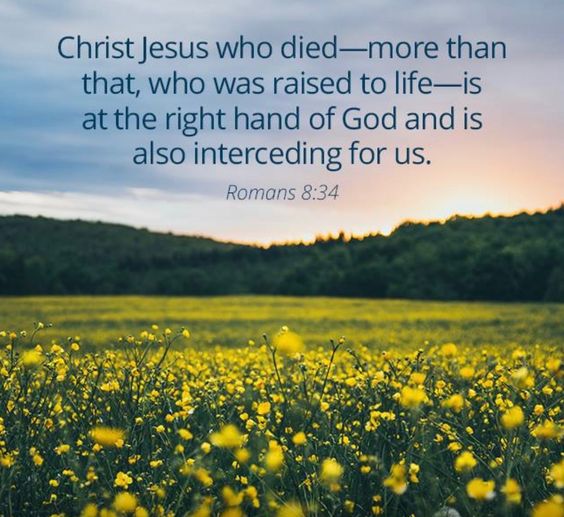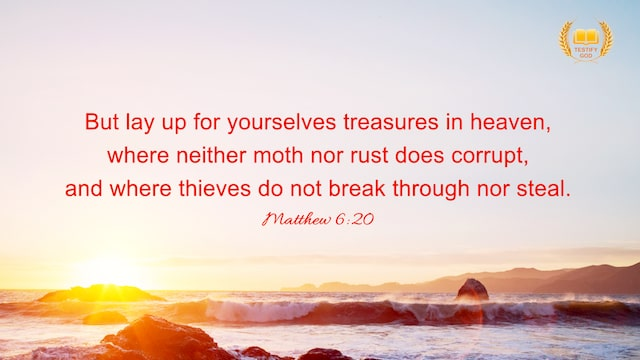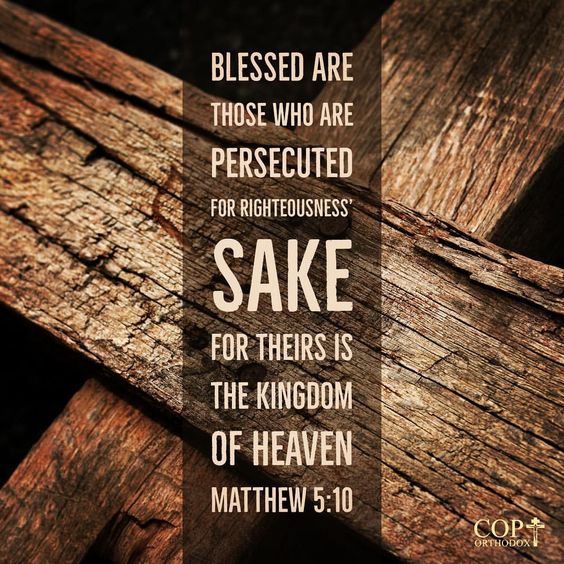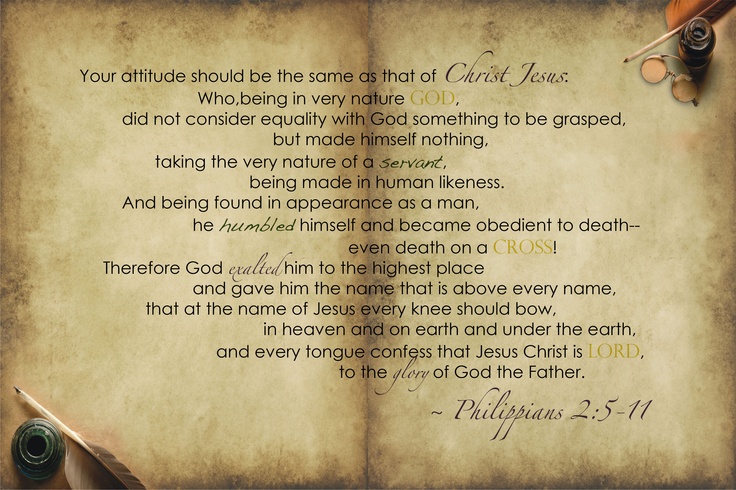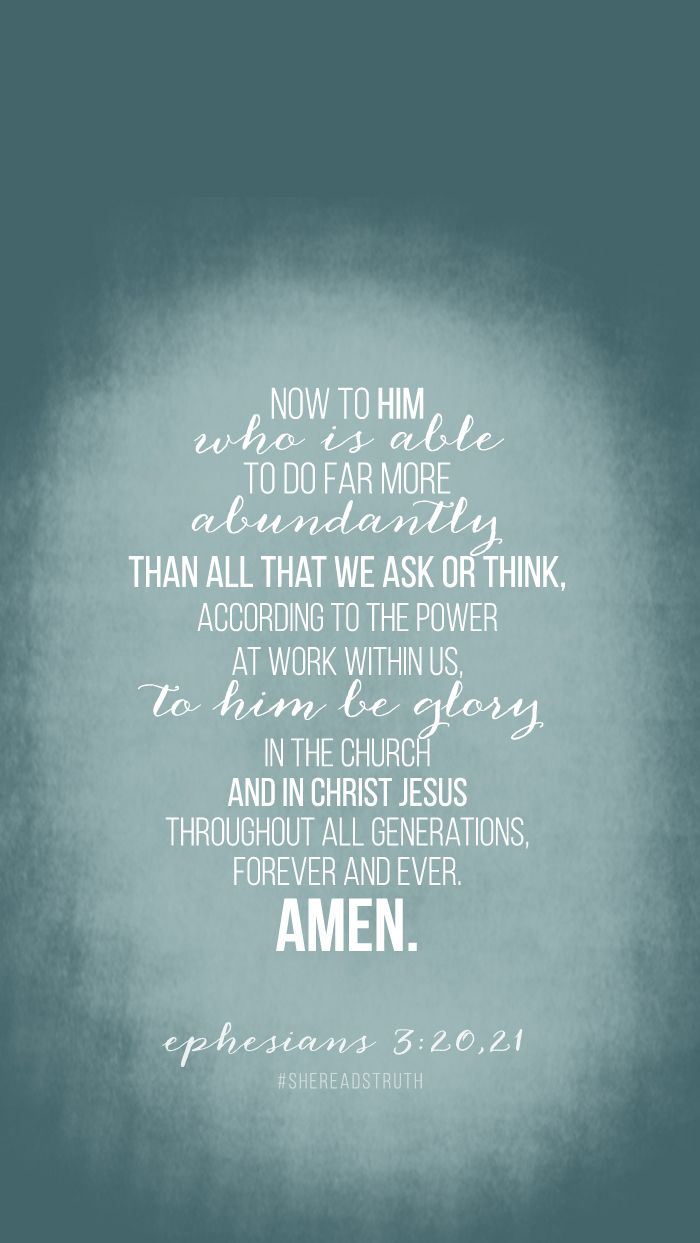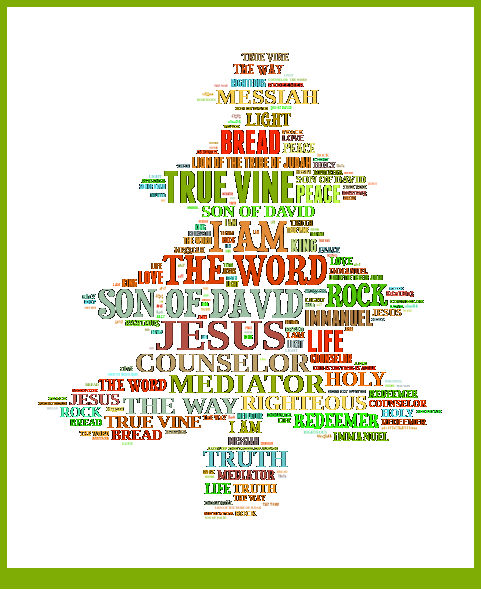I went to high school with a really neat young lady who habitually did random acts of kindness and stayed active as a cheerleader. It came as a complete shock when she died suddenly in her twenties.
The doctor’s examination reported she had Marfan Syndrome, which neither she nor her family knew about. This inherited disorder affects connective tissue. In her case, her condition became life-threatening as faulty connective tissue weakened her aorta — the large artery that arises from the heart, supplying blood to the body. Sadly, this led to an unexpected Aortic Aneurysm.
I’m not a doctor, but it’s no secret that if the heart stops functioning, your body begins systematically shutting down. The heart is the hardest working muscle in our bodies. According to The Library of Congress, it pumps out 2 ounces (71 grams) of blood at every heartbeat. Daily the heart pumps at least 2,500 gallons (9,450 liters) of blood. Our organs and tissues will die without the oxygen and nutrients our blood carries.
A healthy heart is vital to our physical well-being. In the Bible, the term heart usually refers to the inner person and the spiritual life in all its many aspects. Is it any wonder that God references the heart so often in the Bible? Like the human heart, we need to keep our spiritual heart healthy in order to live an abundant life.
While Marfan syndrome is rare, Coronary Heart Disease is not. It affects approximately 16.5 million Americans over the age of 20 (www.healthline.com). This disease often develops quietly over decades. One might not notice a problem until there is a significant blockage or a heart attack. But the good news is: We can take steps now to prevent and treat this disease. Healthy disciplines can make a huge impact.
Similar to our physical heart being damaged due to blockage of life giving blood flow, sin also blocks our heart’s spiritual flow.
First, what is sin? Defiance. When we willfully refuse to obey God, we are acting in defiance. Although there are times we make mistakes and are unaware of our sin, we are all born with this sin nature (Rom. 3:23). King David gave us a good example of how to pray: “Search me, God, and know my heart; test me and know my anxious thoughts. See if there is any offensive way in me, and lead me in the way everlasting,” (Ps. 129: 23-24).
If we take the time to ask, God will bring to light any offense we may have inadvertently committed. At this point, if we refuse to confess and ask His forgiveness, and choose to stubbornly persist, then we are being defiant toward God.
There are times when we need to give God our hurt and anger. I remember going to a small worship event as a young college student. Although it had been a difficult year, I didn’t realize I harbored resentment in my heart. This man who sang and played the piano said, “God has laid it on my heart while in New York that there is someone here (in Oregon) who needs to forgive. God loved me enough to point out my sin blockage of unforgiveness as the Holy Spirit visited me that evening. After surrendering my stubborn will, I left feeling renewed and completely loved by my Savior.
Usually it’s the small things that trip us up. Our Enemy is an expert liar. He tries to persuade us that just a little won’t hurt. . . besides nobody will know. Well, God knows. He not only knows the number of hairs on our heads, He also knows our struggles and every time we give in to temptation. He knows that if we persist in our sin, or choose not to forgive, that it will eventually lead to our spiritual death. “For the wages of sin is death. . . “, (Rom. 6:23). If we take advantage of a friend, yell, or backbite, a part of that friendship dies. If we’re in the habit of exaggerating, it’s easy to cross the blurred line of a little white lie. Before we know it, lying becomes a habit and a piece of our reputation dies.

I am so thankful that we have a merciful High Priest in Christ Jesus. He not only endured an onslaught of temptation from Satan in his 40 day wilderness testing, but He also was the only one to triumph over sin. He is the perfect God-man who not only is perfectly able to help us when we’re tempted, but also provides a way of escape in the heat of temptation (1 Cor. 10:13).
I am also extremely grateful that God’s love is unconditional and patient. He longs for the sinner to “come home” to Him. But He is a gentleman. He never forces Himself or His ways on anyone.
Four Sin Heart Blockages and Solutions:
- Selfishness needing surrender
- Bitterness needing forgiveness
- Rejection of words of life
- Evil thoughts needing cleansing
What Should I Do About My Sin?
- Invite the Holy Spirit to show me, (Ps. 139:23-24).
- Confess it and turn away, repent, (1 Jn. 1:9).
- Invite the Holy Spirit to create in me a new heart, (Ps. 51:10-11).
- Invite the Holy Spirit to fill me, (Eph. 5:18).
“But thanks be to God that you who were once slaves of sin have become obedient from the heart to the standard of teaching to which you were committed, and having been set free from sin, have become slaves to righteousness.”
~Romans 6:17-18
Without blood, there is no life. God has graciously chosen us by providing eternal life and His righteousness through the shedding of His Son’s blood on the cross. Now it’s our turn to choose. Will we accept this free gift of eternal life and forgiveness of our sins, or will we go our own sinful way in defiant denial of God and His standards of living? It’s an individual decision, which also affects each individual’s eternal destination.
"For the wages of sin is death, but the gift of God is eternal life in Christ Jesus our Lord." ~Rom. 6:23
Prayer: “Teach me your way, O LORD, and I will walk in your truth; give me an undivided heart, that I may fear your name. I will praise you, O Lord my God, with all my heart; I will glorify your name forever. For great is your love toward me; you have delivered me from the depths of the grave.” (Ps. 86:11-13)




